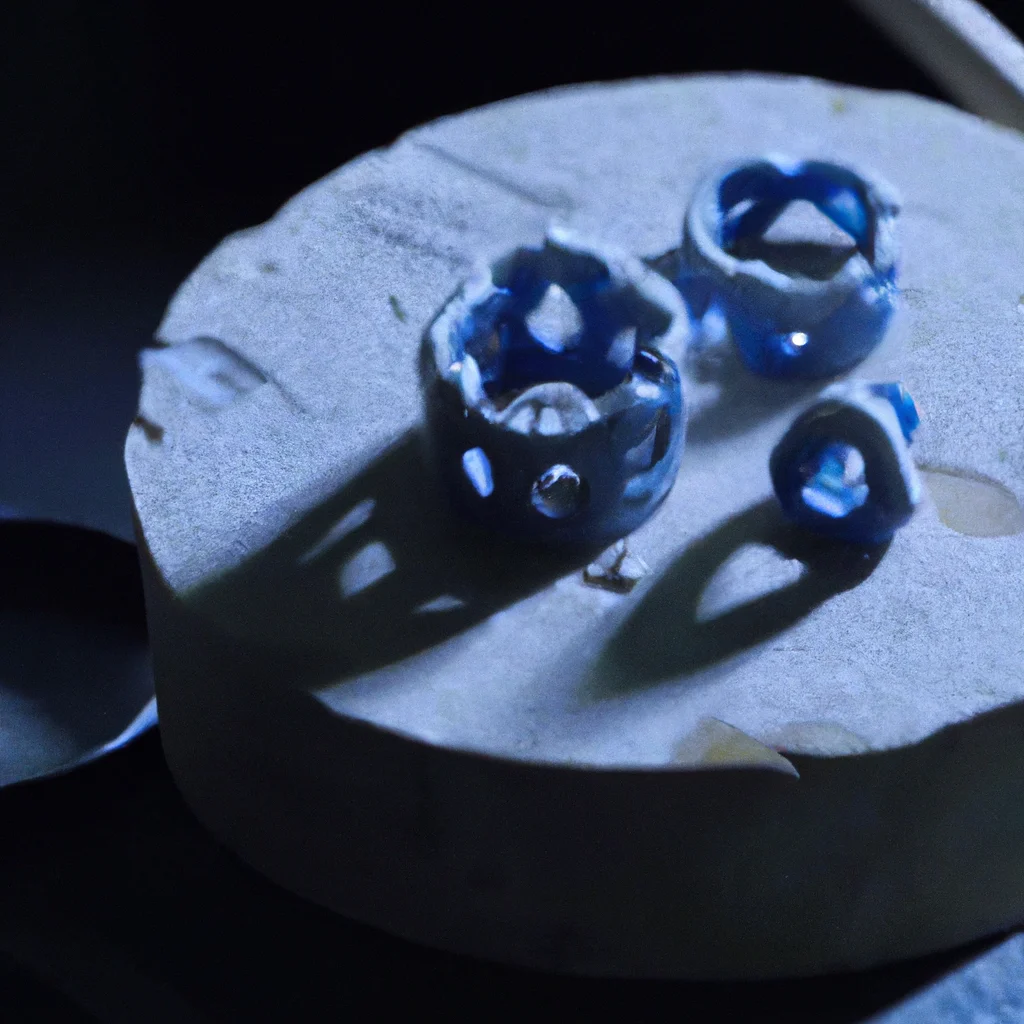What are the techniques involved in creating lost wax casting jewelry?


What are the techniques involved in creating lost wax casting jewelry?
Lost wax casting has been a popular technique in jewelry making for centuries. It is a complex process that involves multiple steps, from the wax carving to the metal casting. In this article, we will discuss the techniques involved in creating lost wax casting jewelry. We will also explore the different methods used in the wax casting process and the vital role of jewelry design in the lost wax process.
Wax Carving Techniques
The first and most crucial step in creating lost wax casting jewelry is wax carving. Wax carving requires skill and precision since it forms the basis of the final product. There are two types of wax carving techniques used in the jewelry manufacturing industry:
1. Hand Carving
Hand carving is the traditional method of wax carving, where the artisan uses hand tools to shape the wax into the desired form. It requires a high level of skill and experience to create intricate designs and patterns.
2. CAD/CAM Technology
CAD/CAM technology is a modern technique that has revolutionized the jewelry industry. It involves using computer software to design the jewelry model, which is then carved with precision using a machine. This technique ensures accuracy and consistency in the design process and reduces the time and effort required for wax carving.
Casting Techniques
Once the wax carving is completed, it is time for casting. Casting is the process of transforming the wax model into metal. The lost wax casting technique involves the following steps:
1. Mold Making
The first step in the casting process is creating a mold. The wax model is placed in a flask, and the flask is filled with a plaster-like material. Once the plaster has set, the flask is placed in a kiln to burn out the wax, leaving a cavity in the plaster mold.
2. Metal Casting
Once the mold is ready, it is time for metal casting. The mold is heated in a kiln, and the metal is melted in a crucible. The molten metal is then poured into the mold, filling the cavity left by the burned-out wax. The metal is allowed to cool and solidify, after which the plaster mold is broken away, revealing the metal casting.
Jewelry Design and Lost Wax Process
Jewelry design plays a crucial role in the lost wax process. The jewelry designer must create a detailed drawing or 3D model of the desired design, which will guide the wax carving process. The designer must also consider the limitations of the lost wax casting process and make design modifications if necessary.
The lost wax process also offers several advantages to jewelry designers. It allows them to create intricate designs with fine details that are difficult to achieve using other casting techniques. It also allows for the creation of unique, one-of-a-kind pieces that can be customized to suit the client’s needs.
Conclusion
In conclusion, the lost wax casting technique is a complex process that involves multiple steps, from wax carving to metal casting. Wax carving requires skill and precision and can be done using hand tools or CAD/CAM technology. The casting process involves mold making and metal casting and requires specialized equipment and expertise. Jewelry design plays a crucial role in the lost wax process, and designers must consider the limitations of the process when creating their designs. The lost wax process offers several advantages to jewelry designers, allowing them to create intricate designs with fine details and unique, one-of-a-kind pieces. With these techniques, anyone can create beautiful and unique jewelry pieces.
Recent Posts
How do I create an engaging and informative online quiz or assessment?
Creating an engaging and informative online quiz or assessment can be a powerful tool for… Read More
What are the most effective methods for managing and reducing work-related stress in the hospitality industry?
Work-related stress is a common issue in the hospitality industry, where employees often face long… Read More
How can I improve my assertiveness and communication skills in a leadership position?
In a leadership position, assertiveness and effective communication skills are crucial for success. Being able… Read More
What are the key elements of a successful employee recognition and rewards program?
Employee recognition and rewards programs play a crucial role in motivating and engaging employees, as… Read More
How do I effectively manage and respond to customer feedback and reviews?
Customer feedback and online reviews play a crucial role in shaping a company's reputation and… Read More
What are the best strategies for effective time management as a stay-at-home parent?
Effective time management is crucial for stay-at-home parents who juggle multiple responsibilities on a daily… Read More